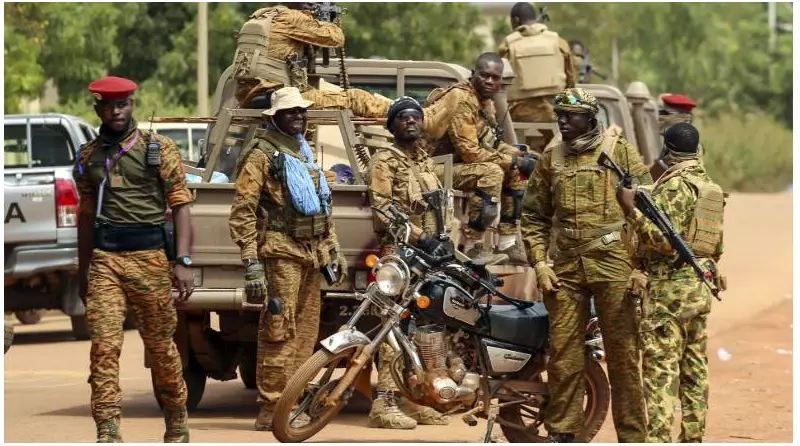
The recent decision by Burkina Faso, Mali, and Niger to withdraw from the International Criminal Court (ICC) has sent shockwaves through the international community and raised serious concerns about the future of justice and accountability in the region.
This bold move by the three West African nations, all currently under military rule, represents a significant setback for the protection of human rights and the fight against impunity. The timing of this decision is particularly alarming given the escalating security crises and widespread allegations of human rights violations occurring within these countries.
Why This Decision Matters for Ordinary Citizens
While the juntas governing these nations may frame their exit from the ICC as an act of sovereignty, the reality is that this move primarily serves the interests of those in power rather than protecting ordinary citizens. The ICC serves as a crucial safety net when national judicial systems fail to prosecute serious international crimes.
Without the oversight of the International Criminal Court, victims of war crimes, crimes against humanity, and genocide in these countries may find themselves with nowhere to turn for justice. This creates a dangerous environment where perpetrators can operate with impunity.
The Regional Security Implications
The withdrawal comes at a time when the Sahel region is experiencing unprecedented security challenges, including:
- Rising terrorist activities and insurgencies
- Increasing ethnic and communal violence
- Widespread displacement of civilian populations
- Allegations of atrocities committed by both state and non-state actors
These complex security situations make the presence of international justice mechanisms more critical than ever. The ICC's absence could potentially embolden actors on all sides of these conflicts.
A Troubling Trend in African International Relations
This development is part of a broader pattern of African nations distancing themselves from international institutions. However, what makes this case particularly concerning is that these three countries are among those most in need of international justice mechanisms due to their current instability.
The decision also raises questions about the future of regional cooperation through organizations like ECOWAS and the African Union, both of which have struggled to address the wave of military coups in West Africa.
What This Means for the Future
As Burkina Faso, Mali, and Niger turn away from international accountability mechanisms, the international community faces difficult questions about how to ensure that justice and human rights remain protected in these vulnerable nations.
The withdrawal from the ICC not only isolates these countries further but also removes an important layer of protection for their citizens. This decision may have long-lasting consequences for regional stability and the global fight against impunity for the most serious international crimes.





